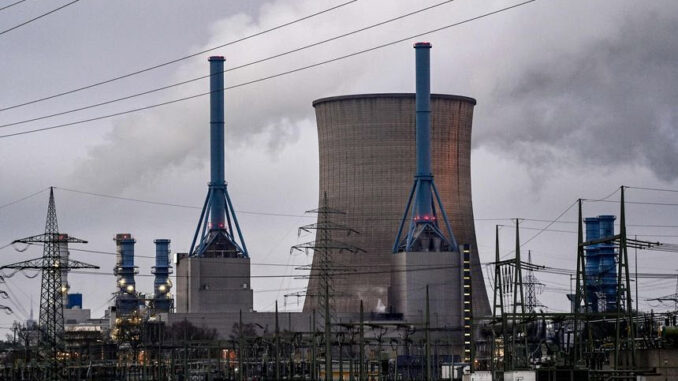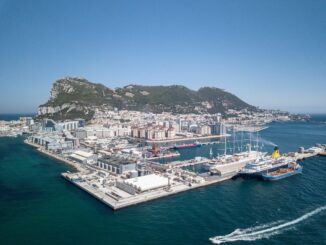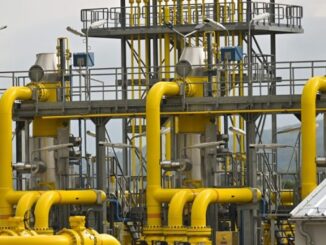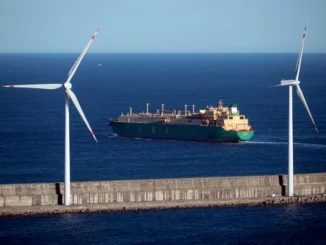
Brushing aside charges of greenwashing, the European Union will press ahead with a controversial proposal to label certain nuclear energy and natural-gas investments as sustainable over the coming years despite strong opposition from some of the bloc’s member states, environmental groups and investors.
The proposal to expand what can qualify as a sustainable source of energy has exposed deep rifts between countries that rely on different technologies and comes amid surging electricity prices. Nuclear and natural gas are just two high-profile components of a plan that will affect a range of industries—from forestry to manufacturing and transportation—and is meant to shift the ways companies and investment funds approach sustainable investment.
The European Commission, the EU’s executive arm, published a revised version of its proposal on Wednesday, which includes tweaks to the criteria for labeling nuclear and natural gas as sustainable and changes that are meant to strengthen companies’ disclosure requirements.
“Today is a means to an end,” EU Financial Services Commissioner Mairead McGuinness said in a press conference announcing the plan. She said the proposal that lays out conditions for including nuclear and natural gas as sustainable investments “may be imperfect but it is a real solution. It moves us further towards our ultimate goal of carbon neutrality.”
The proposal, which was first released on New Year’s Eve, is part of the EU’s “green taxonomy,” a detailed breakdown of what regulators believe should count as a sustainable investment. The goal is to funnel more capital into projects and activities that have been vetted for their sustainability and avoid greenwashing, where companies exaggerate their sustainability credentials.
“People need a benchmark, to say ‘I can hang my hat on something,’ and I think that’s where the taxonomy comes in,” said Shashank Krishna, a partner at law firm Baker Botts who specializes in sustainable energy investments. “Depending on how this whole debate on gas and nuclear plays out, this might actually become, by default, the global benchmark.”
The proposal adopted by the European Commission on Wednesday stands a good chance of becoming law. Member countries and the European Parliament have up to six months to review the plan, during which time they could vote against it, but the threshold for blocking it is high. Austria and Luxembourg have also recently threatened to sue the commission if the plan were adopted in its draft form. Whether such a suit will proceed is unclear.
Bas Eickhout, a Green member of the European Parliament from the Netherlands, said the plan to include nuclear and natural gas in the taxonomy is “tantamount to greenwashing” and undermines the EU’s credibility in addressing climate change. The proposed conditions for including those energy sources are too weak, he said, and don’t do enough to address concerns about the safe storage of nuclear waste.
Currently, the cornerstone of the EU’s efforts to funnel capital away from polluting companies and toward cleaner sources of energy is its marketplace for carbon allowances. Utilities, steelmakers, oil refiners and other industries are required to own the permits to cover their greenhouse-gas emissions.
The price rose to an all-time high of over 94 euros per metric ton of carbon dioxide on Wednesday, extending a monthslong surge. High gas prices have bolstered the carbon market by encouraging power stations to burn coal, which releases more CO2 than natural gas and so leads utilities to buy more allowances. The EU reduces the supply of allowances over time, which traders say will bolster prices.
The EU taxonomy doesn’t directly affect energy investments overall, just whether they can be labeled as “green.” Individual countries can continue to make their own decisions about the sources of energy they use. Still, climate activists and some investors say that if nuclear power and natural gas projects are designated as potentially environmentally friendly, such projects could draw funding away from less-harmful investments in sustainable renewables.



